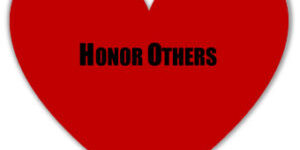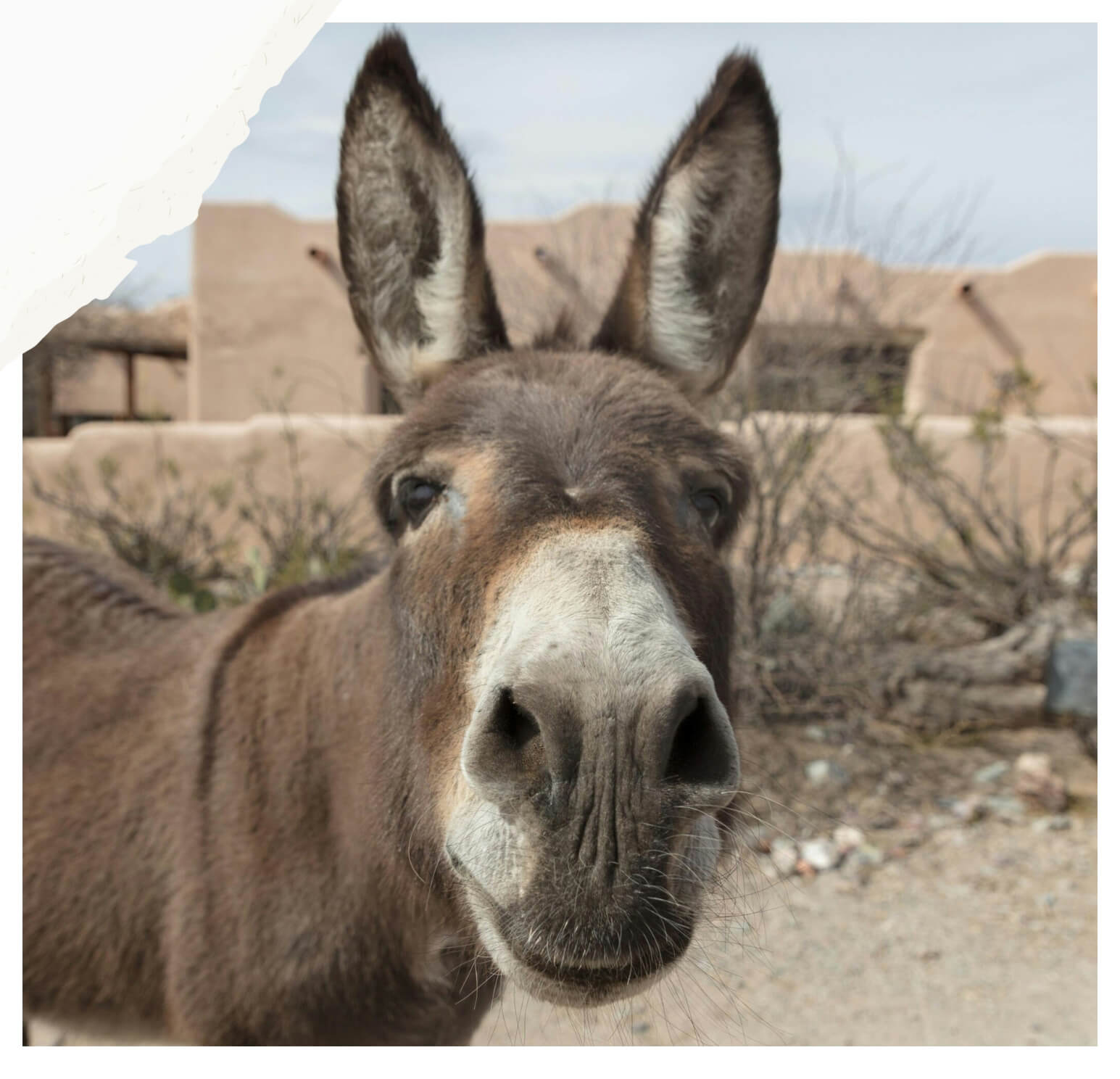leadership
A Tale of Two Spreadsheets
God will use whatever is at hand to instruct us. Last month I mentioned I’ve been spending an inordinate amount of time detailing spreadsheets. So I should have expected that my next lesson would come through a spreadsheet. It was another Friday evening and we were in the final crunch of a major event. I…
Leadership Lessons in a Blade of Grass
There is an opportunity in between all of that to have a real impact. Here’s how.

Search the Blog
Categories
Join the email list to receive the latest post and occasional exclusives


Meet Janet!
Janet Beagle, PhD is the founder of The Mustard Patch. She divides her time between the Midwest and New England, and if she’s not writing, she’s probably out hiking with her 2-and 4-footed friends.







